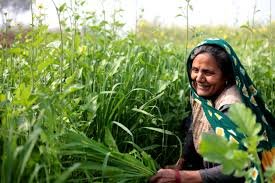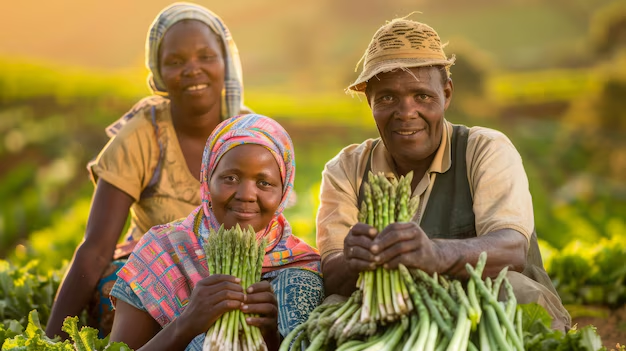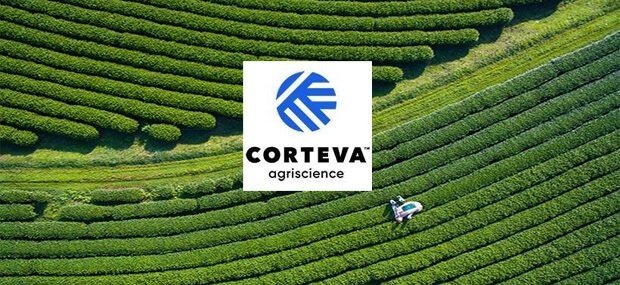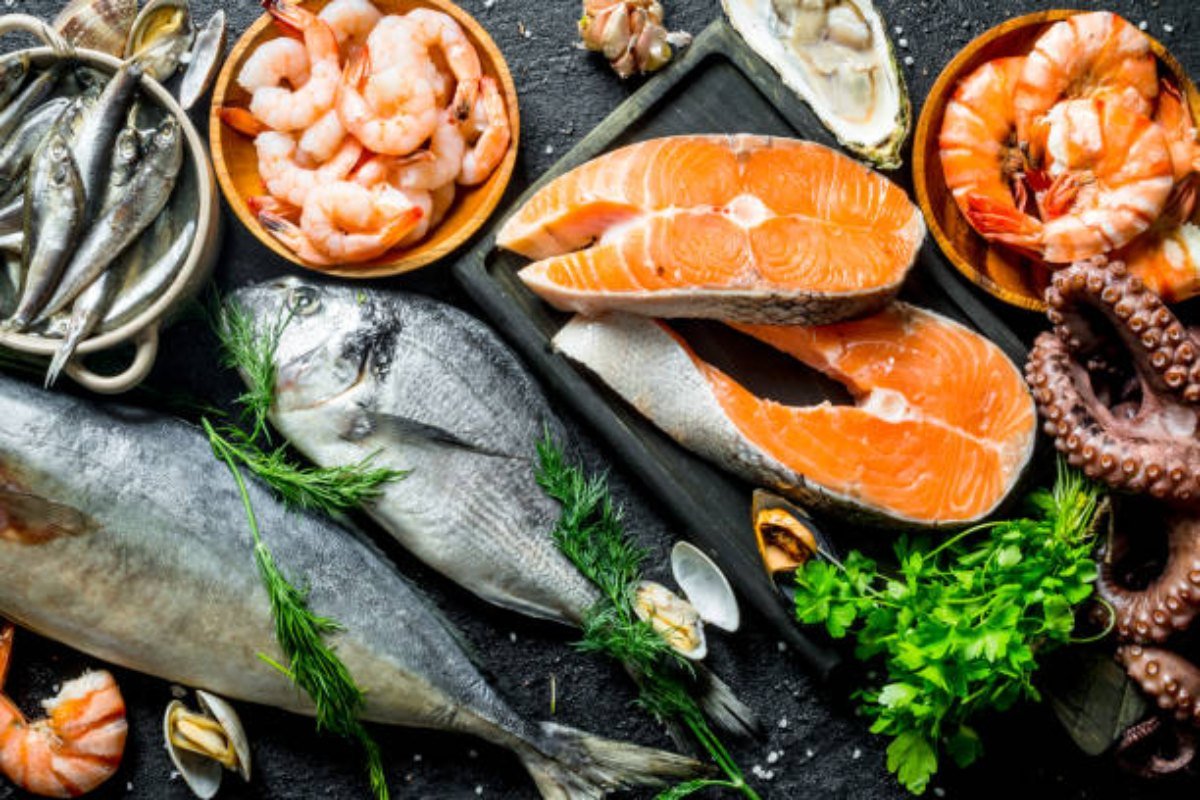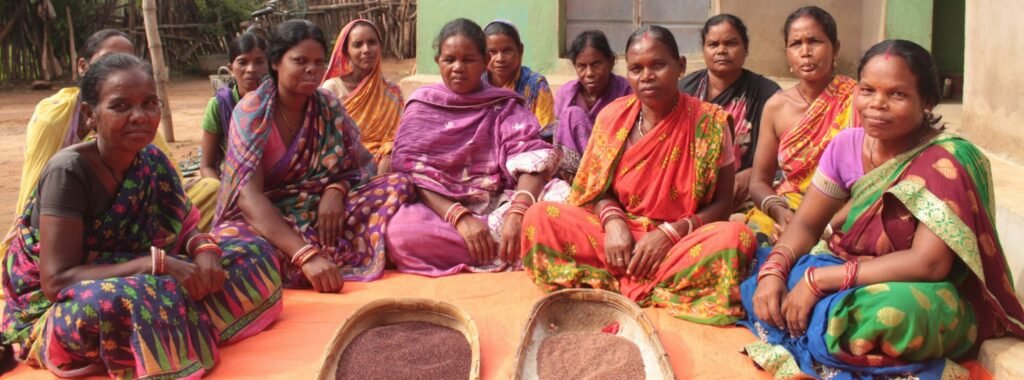As reported by MPEDA, the target fixed for the export of fish and fishery products during 2024-25 is 8,000 USD Million and 6 new markets viz. Guadeloupe, Mayotte, Central African Republic, Sierra Leona, Suriname and Chad has been identified for export of fish and fish products
During the financial year 2023-24, India exported an all-time high volume of 17,81,602 MT of Seafood worth Rs. 60,523.89 crore. USA and China are the major importers of Indian seafood. The details of the Market to which India exports the largest volume of marine products are placed at Annexure-I. As reported by MPEDA, the target fixed for the export of fish and fishery products during 2024-25 is 8,000 USD Million and 6 new markets viz. Guadeloupe, Mayotte, Central African Republic, Sierra Leona, Suriname and Chad has been identified for export of fish and fish products.
The Department of Fisheries, Ministry of Fisheries, Animal Husbandry and Dairying in the year 2020-21 during the Covid-19 pandemic has rolled out a flagship scheme the Pradhan Mantri Matsya Sampada Yojana (PMMSY) with highest ever investment of Rs. 20050 crores in the fisheries sector for implementation during a period of five years i.e., 2020-21 to 2024-25, in all States/Union Territories with objective of enhancing production, productivity and exports and of addressing key gaps in the value chain. Towards meeting this objective and in order to enhance India’s export competitiveness and higher price realization, the PMMSY supports a basket of interventions/activities along the fisheries value chain. These include quality fish production, expansion, diversification and intensification of brackish water aquaculture, promotion of export-oriented species, infusion of technology, robust disease management framework, promotion of good aquaculture practices, branding, standards, certification and traceability, training and capacity building, creation of modern post-harvest infrastructure with seamless cold chain, development of modern fishing harbours and fish landing centres, etc. In addition, to address the critical infrastructure requirements of fisheries and aquaculture sectors, the Department of Fisheries, Government of India during 2018-19 has created the Fisheries and Aquaculture Infrastructure Development Fund (FIDF) with a total fund size of Rs 7522.48 crore to provide concessional finance to states/UT and private sector.
In addition, the Marine Products Export Development Authority (MPEDA), Department of Commerce has been taking various steps to promote export of marine products from India to other countries including brand promotion. These inter alia include participation in various trade fairs and exhibitions, and organization of Virtual Buyer Seller Meets (VBSMs), organization of Chintan Shivir etc.
The Department of Fisheries, Ministry of Fisheries, Animal Husbandry and Dairying under the ongoing scheme Pradhan Mantri Matsya SampadaYojana (PMMSY) provides financial assistance to State Governments and Union Territories for the development of post-harvest infrastructure facilities for fisheries such as ice plants/ cold storages, fishing harbours and fish landing centres, fish transport facilities such as refrigerated vehicles, insulated vehicles, two wheelers/ three wheelers with ice box, fish marketing facilities such as fish retail markets, fish kiosks, fish value-added enterprises, e-platform for e-trading and e-marketing of fish and fisheries products, live fish vending centres etc.
In order to promote the export of marine products, the Department of Fisheries, Government of India has taken several initiatives these inter-alia includes support to 27,823 ice plant /cold storages, transportation facilities supported with an investment of ₹1362 cr, support for acquisition of 1398 Deep Sea Tuna Fishing Vessels (₹ 1310 cr) and up-gradation of 1338 fishing vessels (₹ 193.64 cr), approval of the projects for export oriented fish species such as Scampi, Mud crab, Asian Seabass, Cobia etc, support for state-of-the-art aquaculture production technologies like RAS and Biofloc. In addition Department of fisheries has notified guidelines for promoting diversified species, Nucleus Breeding Centre (NBCs) / Broodstock Multiplication Centre (BMCs) and Brood Banks under CAA Act.
Further, to reduce disease prevalence and increase fish productivity nationwide, the Department is implementing National Surveillance Programme for Aquatic Animal Diseases (NSPAAD) coordinated by ICAR-NBFGR, Lucknow. To ensure the sustainability and uninterrupted supply of Indian seafood to the US Market, the Department is supporting a Marine Mammal Stock assessment project at the cost of around ₹ 13.29 cr. In addition, the Department is also advising the States/UTs to encourage the farmers to attend the technical and demonstration workshops/training programs related to seed and feed, technology infusion, ornamental fisheries, hatchery technologies etc. on periodic basis in order to increase in productivity and quality of fishery produce
In addition, MPEDA operates various financial assistance schemes like Assistance for Mini labs, establishment of nurseries, establishment of shrimp handling facilities, establishment of aquafarms for diversified aquaculture, Shaphari Certification of farms and hatcheries, Technology Upgradation Scheme for Marine Products (TUSMP), Assistance for Infrastructural Development for Value Addition, Chilled Fish Handling Centre, Assistance for Large Cold Storage etc. to upgrade infrastructure for value addition and establish mini laboratories, support shrimp farmers in enhancing disease-free production and ensuring quality produce
As per their legal and trade policies, countries enforce various regulatory measures to ensure the safety and quality of the products placed in their territory. The range and stringency of the requirements, including prior registration, testing and certification may differ from one country to another, depending on their developmental status as well as how evolved their regulatory structures are. These measures apply equally to both domestic manufacturers and the importers. However, such measures may sometimes create hurdles in getting market access due various reasons such as gap in the regulatory frameworks and quality compliance requirements of the trade partners, lack of transparency, arbitrariness or differing interpretation of the rules, improper implementation etc. To address the concerns related to quality control and to ensure compliance with international standards, Export Inspection Council (EIC), Department of Commerce conducts periodic awareness and training programs for relevant stakeholders across the value chain. Further, Export Inspection Council (EIC) has enhanced and upgraded laboratory facilities to support quality assurance needs of the exporters.
To enhance the processing capacity and value-addition infrastructure for marine products and to meet stringent export quality standards and food safety parameters, the Department of Commerce (DoC) approved the Technology Development for Specific Value-Added Marine Products (TDSVMP) guidelines on 12/02/2024 for the FY 2023-24 to 2025-26. Under the TDSVMP guidelines, MPEDA released ₹906.70 lakh for 9 beneficiaries during 2023-24 to increase the production of value-added seafood products in the country.
As reported by MPEDA, the target fixed

